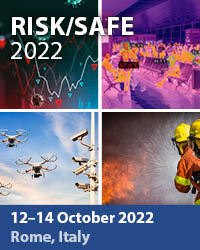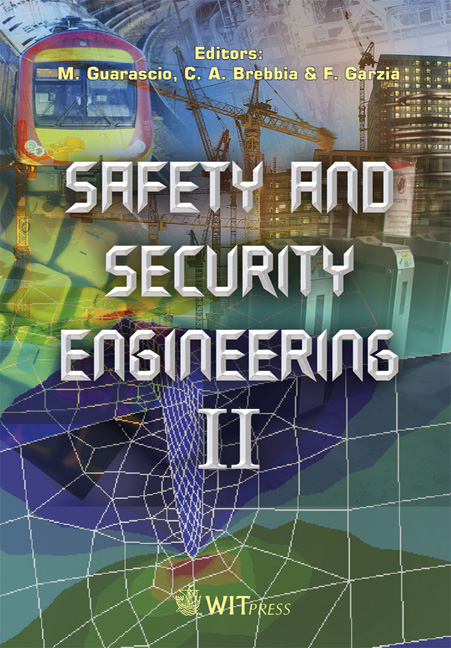Integrated Anti-terrorism Physics-based Modelling Part 1: Threats, Loads And Structural Response
Price
Free (open access)
Transaction
Volume
94
Pages
10
Published
2007
Size
581 kb
Paper DOI
10.2495/SAFE070501
Copyright
WIT Press
Author(s)
F. A. Maestas, J. L. Smith & L. A. Young
Abstract
Modelling of a terrorist attack in an urban environment requires a balanced understanding of the complex physical processes that occur and management of the inherent uncertainties associated with the modelling. This paper examines the key physics-based techniques required to accurately model a terrorist attack in an urban environment. Specifically this paper will address the blast and fragment environment that results from an Improvised Explosive Device (IED) detonation, the loads on an urban structure and the response of that structure, to include progressive collapse. Tools such as the United States Air Force Research Laboratory’s (AFRL’s) Modular Effectiveness/Vulnerability Assessment (MEVA) code and the Defense Threat Reduction Agency’s (DTRA’s) Integrated Modular Effectiveness Analysis (IMEA) tool embody algorithms for blast and fragment environment characterization, structural response analyses, and structural assessments. The key physics-based algorithms in these tools and others will be highlighted. Additionally this paper will provide an approach to handling the uncertainties of modelling the urban structure given limited knowledge of the building’s key structural attributes. The combination of treating uncertainties in a physics-based approach provides an integrated modelling method for evaluating and planning for a terrorist attack. Keywords: weapon effectiveness, survivability analysis, modelling and simulation, physical security analysis, personnel security. 1 Introduction Modelling of a terrorist attack in an urban environment requires a balanced understanding of the complex physical processes that occur and management of
Keywords
weapon effectiveness, survivability analysis, modelling and simulation, physical security analysis, personnel security.





